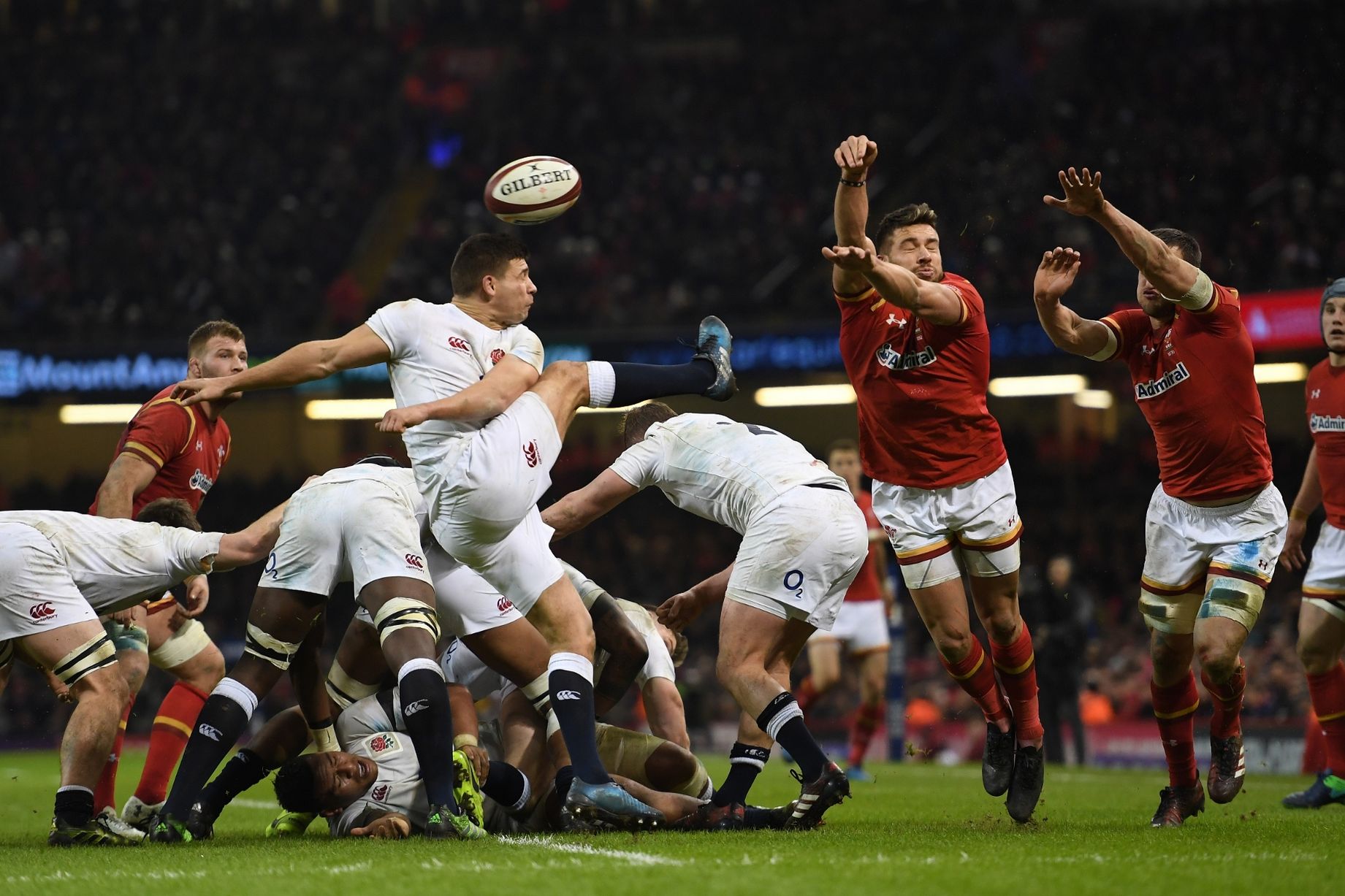England vs Wales. The rose vs the daffodil. Episode 130 of a rugby boxset offering all the tension, twists and trauma of a Netflix creation. Coming into the game, the two sides were arguably further apart than they have been for a decade. England, with their new coach and new approach, unbeaten in fifteen matches; Wales, drawing criticism for their one-dimensionality, undoubtedly falling behind in the race for hemispheric hegemony. Yet the hype surrounding it seemed to rival previous matches which have, on paper, carried much greater significance. The fervour, it turned out, was justified.
From the off, the game was fast and open; the Six Nations this year appears to be returning to its former glory, after a series of turgid and attritional tournaments. England gained the initial momentum, dominating possession and territory in the first fifteen minutes, but what they were met with was a Welsh wall – the lesser-known cousin of Trump’s mythical construction, built not by Mexicans but by Moriarty, Tipuric and Owens. Ultimately though, it was not impenetrable, with Youngs squirming over for the first try of the game as the phase count hit the quarter of a century mark.
At this point, beer-holding, daffodil-wearing fans around the Principality Stadium feared a repeat of the 2016 game, when England effectively won the game with a strong first-half display. A Liam Williams break two minutes later quickly alleviated these fears, marking the start of a crucial 20 minutes during which momentum rested firmly on the side of the Welsh. Whilst more drama was to come, the post-match analysis of both sides may well highlight this as the period when the game was won and lost. Although Wales eventually came away with a try shortly before half-time, the result of a perfectly executed set piece move which put Liam Williams under the posts, critics will argue that seven points was a meagre return after dominating the second quarter of the game. For England, their ‘whatever you can do we can do better’ attitude to defence, embodied by the imperious Launchbury, kept them in the game and showed the collective spirit which left them unbeaten in 2016.
After half-time the game continued at breakneck speed, with both defences ferociously physical. England, after escaping another 20-plus phase Welsh attack with only a Halfpenny penalty to cancel out Farrell’s earlier three points, began to assert their authority on the game. They were fuelled by powerful carries from George and Haskell, both of whom laid down strong claims for a starting place through their impact off the bench. On 64 minutes, with England pressing the Welsh line, a Youngs pass destined for Brown and fell into the hands of Biggar, whose quick-thinking interception was the pinnacle of a performance certain to silence his critics.
England, though, continued to build momentum and a 70th minute penalty moved them to within two points. Ben Teo’o, another effective substitute, then made a break which forced Wales into more desperate defence, spurred on by a now hysterical Cardiff crowd. In the end, the relentless attacks of England’s ball-carriers proved too much for tired Welsh minds and bodies: a panicked clearance kick and non-existent chase gave Elliot Daly, whose exploits marked his maturity and promise, space to dive over in the corner.
The image at the final-whistle of Maro Itoje thumping his chest with raw passion, as Alun-Wyn Jones stood doubled-over and dejected behind him, told the story that matters: a sixteenth consecutive victory for England, an agonising defeat for Wales. Maybe it also symbolised the diverging paths of the neighbouring rugby nations. But, overall, England’s 21-16 win on Saturday should be remembered mostly as an incredible sporting spectacle; a game of remarkable skill, spirit, and physical sacrifice which will have Six Nations fans everywhere thirsty for more.
Tom Davies
Featured Image: Getty Images

